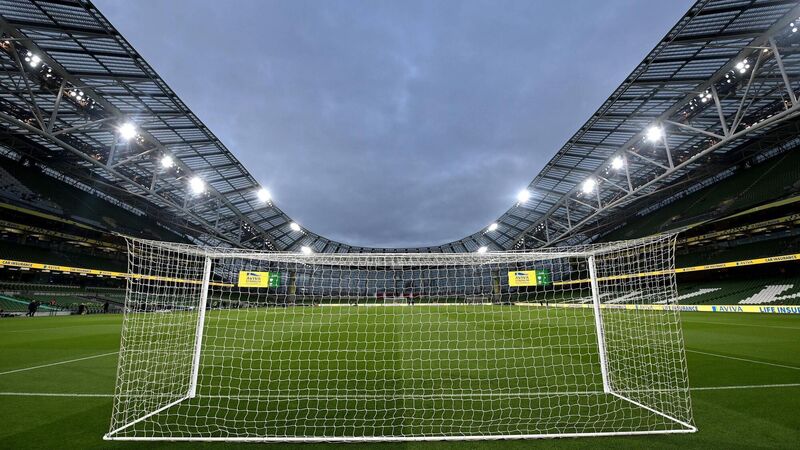Ian Mallon: Why is Uefa undermining Euros bid and at what cost?

HOPES: Aviva Stadium looks set be part of the Euro 2028 hosting stadia. Pic: Charles McQuillan/Getty Images
IT SHOULDN’T be overlooked how extreme UEFA’s attempts to extract more money from Ireland and the UK - to host Euro 2028 – are, and how they are damaging an increasingly fractious situation.
The move from Nyon before Christmas was designed to undermine and discredit the bid, and came exactly one month after the Irish Government announced - last November - a €135m draft support package, to cover the hosting of the tournament in this country.









